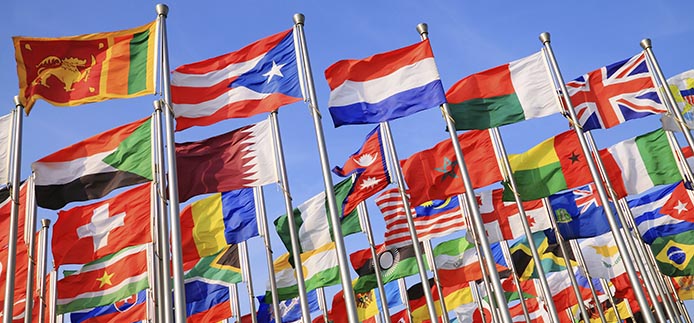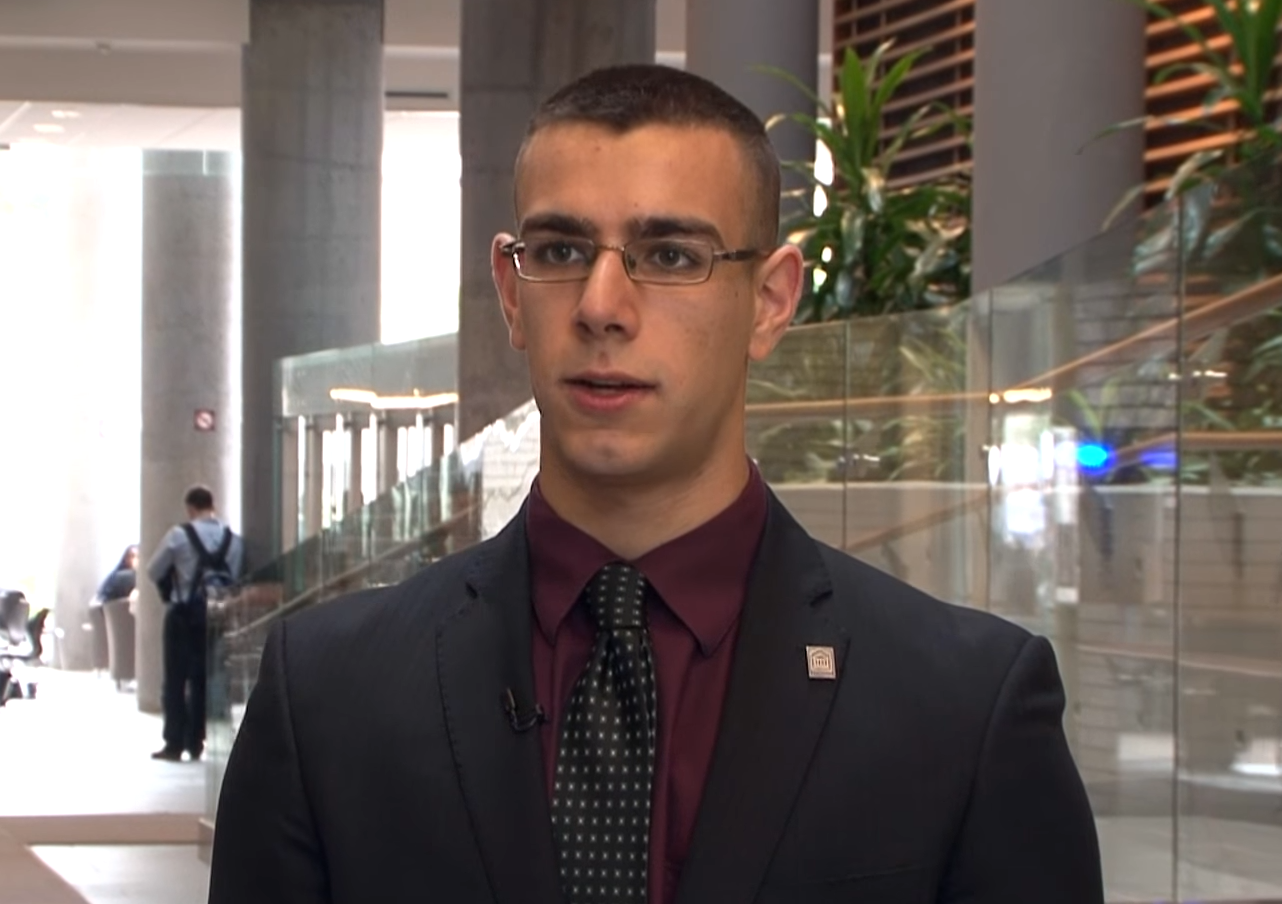Do you wish to learn how politics work at all levels? Do you want to hone your skills of critical thought and evaluation? Do you want to do all of this in a bilingual, multicultural environment that is just steps away from Parliament Hill?
Located in the heart of the nation's capital neighbouring Parliament Hill and the Quebec border, the Political Science program is the perfect place to study all aspects of contemporary politics. With an undergraduate program that allows students to take their courses in either official language and that has a diverse and multicultural student body, it is truly a microcosm of Canadian society. This context ensures that students who enrol in Political Science will get a distinctive view of the institutions, structures, norms and forces that make up contemporary politics. Students also benefit from the opportunities to work, volunteer, or hold co-op placements in a variety of public service, government and non-governmental organizations.
Details of the Political Science program
Most of our courses are organized around four profiles, though other courses are trans-profiles. These four profiles are:










